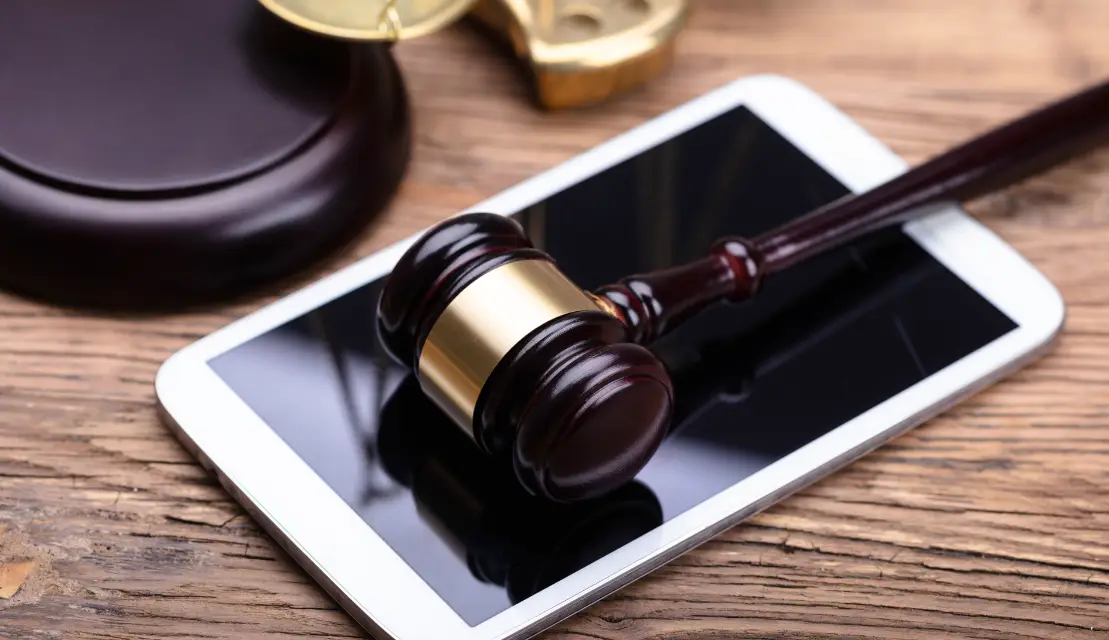Pen-and-paper signatures have a long history of settling contracts and creating legally binding documents. If you’ve spent your career signing off by hand, that method feels like second nature to you. But now that digital communications and documents are the norms, e-signatures are widely incorporated as the standard in most industries. Still feeling wary about that online sign-off? This article will help you understand why you can trust e-signatures.
E-signatures are legally binding
In 2000, the U.S. federal government passed a new law that made electronic signatures 100% legally binding. Titled the Electronic Signatures in Global and National Commerce (ESIGN) Act, this legislation—along with the Uniform Electronic Transaction Act (UETA)—ensured that electronically signed papers are valid in legal terms. That means that e-signed documents can be used as evidence in court disputes.
Europe has similar e-sign legislation in place; therefore, e-signatures are legally binding for overseas transactions.
Countersign (countersign.com)
The act was passed to facilitate the speed of digital paperwork. It also led to creating highly secure e-signature technology that is now used by individuals and paperless companies worldwide. These laws also help to standardize e-signatures. Legitimate e-signature sites must follow law guidelines, including ISO 27001, SOC 2 Type 2, and PCI DS.
Manage your e-signature needs on Countersign,
— safely, securely and legally binding.
Get started
E-signature solutions feature audit trails and identity confirmation
Not all e-signatures are made equal. E-signatures made outside of a legitimate solution—for example, copying a photo of a signature onto a PDF—are less secure. By contrast, legitimate sites like Countersign actually offer greater security than paper signatures. There are several reasons why:
1. Audit trail
Legitimate e-signature solutions provide a permanent audit trail of electronic signatures. That means that parties can keep track of who has accessed the documents and made changes to them. These trails can also be used as evidence in legal proceedings, offering secure and tamper-free evidence.
2. Identity confirmation
An e-signature offers additional links between the electronic document and the signer, such as an account password, a phone number, email address, or other forms of identification. Others may even include specific access codes, duo authentication through phone calls and text messages, security questions, and even scanning identification cards.
3. Cloud backup
Online e-signature solutions store all documents securely in the cloud. These backups help ensure that the e-signatures are secure and matched with who created them. They also effectively prevent forgery. Whileforgers or identity thieves can imitate physical signatures, e-signatures that come with audit trails cannot be copied or intercepted by outsiders. The signature starts with you and ends with you.
4. Security and encryption
E-signature websites like Countersign run on secure infrastructure. Your network connection is fully encrypted in these arrangements, and your documents are encrypted when you’re not working with them. Physically secure data centers also protect your data from real-world events, such as fires. And cloud backup provides an extra layer of security. In the past, businesses suffered massive losses when their physical buildings were damaged or destroyed; now, the information will remain accessible independently of your business’s current location.
Digital privacy of e-signed documents
The best e-signature sites are highly secure services that keep your identity and personal information safe. Online e-signature solutions like Countersign never store your password, and they never have access to your payment details. This applies across mobile, tablet, and smartphone formats, so you can ensure you’ll have secure e-signatures no matter which digital application you’re using to access your documents. It’s also secure for both document creators and recipients, so whether you’re e-signing a document that you drew up yourself or one that somebody else emailed to you, the same identity protections apply.
Many companies that are entirely paperless regularly send their most confidential documents over e-signature platforms.
Countersign (countersign.com)
For example, insurance brokers, who regularly work with highly confidential financial data for their clients, have effectively made use of e-signature technology to keep their clients’ and their own data safe and secure. One broker likened the security of these documents to those used by banks.
These safety precautions ensure that your identity remains secure while keeping your documents tamper-free. This secure digital experience combines audit trails, independent digital signatures, and proper identification of each user for an optimally secure arrangement. Simply put, e-signatures are secure—they even go beyond the security of pen-and-paper signatures by bringing in additional verification features and cloud-based storage. When combined, these multiple security measures are highly powerful and protect your documents from identity theft, forgery, misplacement, and physical destruction alike. Even if e-signatures are new to you, rest assured that this technology is safe, secure, and worthy of your trust.
Give Countersign a try on us.
First 8 docs are free. Get 3 more docs free monthly.
Get started





